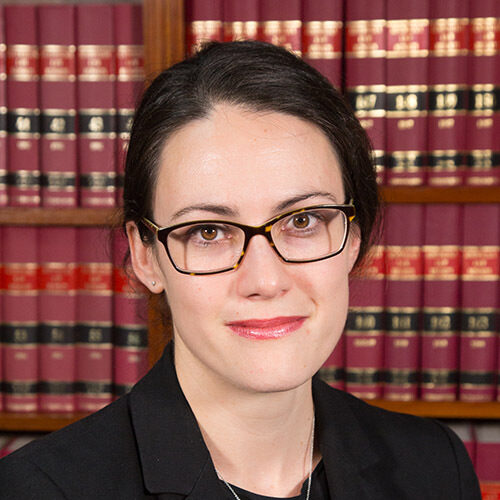- Summer 2023
- Misunderstanding the duty of disclosure

It was recently stated in the Final Report of the Board of Inquiry into the Criminal Justice System:
A prosecutor’s duty of disclosure is aptly described as a ‘golden rule’. The duty of disclosure serves to ensure that the trial of an accused is fair. In part, the duty reflects the imbalance of resources, as between the prosecution and an accused, to investigate a matter. A fair trial requires not only that the accused should have access to material in the prosecution’s possession that sets out the prosecution case but also material which may bear upon the defence of the charges.1
The High Court has observed that the prosecution’s failure to disclose all relevant evidence to an accused may, in some circumstances, require the quashing of a verdict of guilty.2
And yet, despite the importance of the duty of disclosure, there is an enduring perception that police and prosecutors fail to comply with it on more than rare occasions, and a feeling that it is misunderstood by many, including criminal defence practitioners.
At a recent conference of criminal lawyers, barrister Felicity Graham of Black Chambers conducted a survey into the views held by the attending lawyers about the prosecutor’s duty of disclosure.

43% of participants had 10+ years of experience as a criminal law practitioner. 60% of participants declared they were only ‘somewhat familiar’ with the obligations of police and prosecutors regarding disclosure of material to the accused.
Participants were asked to state in one or two ‘catchwords’ their feelings about the prosecution duty of disclosure. There were 201 responses. The most common response was ‘misunderstood’. Others replied with emojis:
Participants were asked, ‘In your experience, in criminal proceedings in NSW, how frequently does the prosecution fail to comply with its duty of disclosure (by non-disclosure or late disclosure to the accused)?’ There were 233 responses. 36% said it occurred ‘routinely’ and 42% said it occurred ‘frequently’.
Of the ‘prosecution actors’, participants indicated that in their experience solicitors and Crown Prosecutors from the Office of the Director of Public Prosecutions were most likely to provide material in answer to a request for further disclosure. Police prosecutors and police officers in charge of the investigation were less likely.
98% of 109 respondents stated that in their experience police officers in NSW did not have a good understanding of the nature and importance of prosecutorial disclosure obligations. Samples were provided of how police and prosecutors respond to requests for further disclosure, including:
• They claim privilege where no privilege exists
• They ignore requests
• Asserting ‘you have to subpoena’
• ‘As if you are asking for the sacrifice of their eldest born’.
65% of 121 participants said that they have ‘only occasionally’ sought the intervention of the court in relation to securing disclosure for the accused or responding to a breach of disclosure obligations by the prosecutor. The most common method of doing so was indicated as being the issuing of a subpoena to the Commissioner of Police to challenge the adequacy of disclosure.
Participants were asked what specific steps could be taken to improve compliance with disclosure obligations by police and prosecutors. Of 115 responses, 86% endorsed mandatory training and education for police and prosecutors on disclosure obligations, and 70% endorsed enhanced training and education for defence practitioners on the same. It appears that such training and education would be well received across the criminal law profession, in this jurisdiction and others. BN
ENDNOTES
1 31 July 2023 at [273], footnotes omitted.
2 Edwards v The Queen (2021) 273 CLR 585; [2021] HCA 28 at [24].
